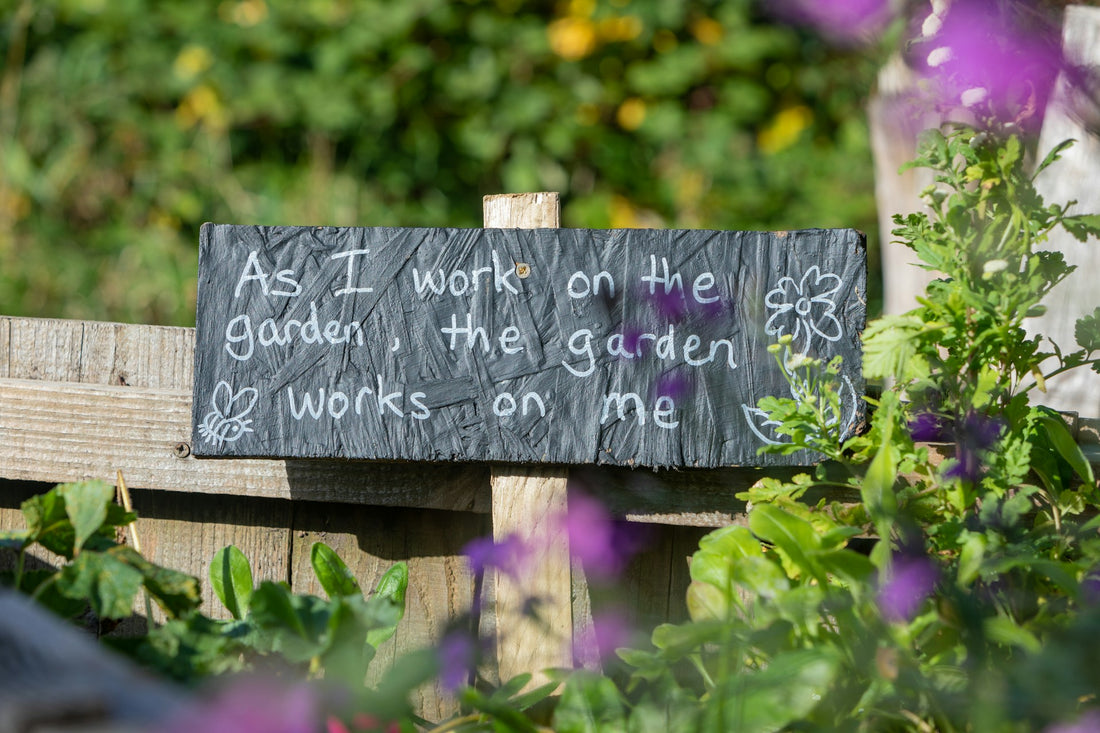Gardening is not just a hobby or a way to beautify your surroundings; it also has a profound impact on your mental health and well-being. Research has shown that spending time in nature and engaging in gardening activities can have a positive effect on your mood, reduce stress and anxiety, improve cognitive function, and promote overall mental well-being.
Stress Reduction and Relaxation
One of the key mental health benefits of gardening is its ability to reduce stress and promote relaxation. Spending time in nature and engaging in gardening activities can help lower cortisol levels, a hormone associated with stress. The combination of fresh air, sunlight, and physical activity can create a calming effect on the mind and body.
When you immerse yourself in gardening, your focus shifts away from the worries and stressors of daily life. The repetitive tasks of planting, weeding, and watering can be meditative and provide a sense of mindfulness.
Practicing mindfulness while gardening involves focusing on the sensations of the soil in your hands, the sounds of birds chirping, and the aroma of flowers. This mindful connection with nature can bring a sense of calm and tranquility, reducing stress and promoting overall well-being.
Mood Enhancement and Happiness
Gardening has been shown to have a positive impact on mood and happiness. The act of nurturing and caring for plants can give you a sense of purpose and accomplishment. Watching your plants grow and thrive can bring a sense of joy and satisfaction, boosting your mood and overall happiness.
Also, being surrounded by nature and greenery has been linked to improved mental health. Studies have found that exposure to green spaces can reduce symptoms of depression and anxiety. The colors and scents of flowers and plants can evoke positive emotions and create a soothing and uplifting environment.
Cognitive Function and Memory Improvement
Engaging in gardening activities can also benefit your cognitive function and improve memory retention. Gardening requires planning, problem-solving, and decision-making, which can help sharpen your cognitive skills. The process of learning about different plants, their care requirements, and how to troubleshoot common gardening issues can keep your mind active and engaged.
Additionally, spending time in nature has been found to improve memory and attention span. Being in a natural environment allows your brain to rest and recover from the constant stimulation of modern life, leading to improved cognitive performance.
Self-Esteem and Sense of Accomplishment
Gardening provides a unique opportunity to witness the fruits of your labor. Watching your plants grow and thrive, and being able to harvest and enjoy the fruits, vegetables, or flowers you have nurtured can boost your self-esteem and confidence.
Caring for plants and seeing them flourish can also instill a sense of responsibility and purpose. The act of tending to a garden requires dedication, patience, and commitment, all of which contribute to a greater sense of self-worth and personal fulfillment.
Social Connection and Community
Gardening can be a social activity that promotes connection and community. Joining a community garden or participating in gardening clubs and events allows you to meet like-minded people who share your passion for plants and nature.
Working together in a garden, sharing tips and advice, and exchanging plants or produce can foster a sense of belonging and camaraderie. Gardening communities often provide a supportive and inclusive environment where individuals can learn from one another and form lasting friendships.
Physical Health Benefits
In addition to its mental health benefits, gardening also offers numerous physical health benefits. The physical activity involved in gardening, such as digging, planting, weeding, and watering, can provide a moderate-intensity workout that improves cardiovascular health and strengthens muscles.
Spending time outdoors in the sunlight also promotes the production of vitamin D, which is essential for strong bones and a healthy immune system. Gardening can also help improve flexibility, coordination, and balance, reducing the risk of falls and injuries, especially in older adults.
Start Your Gardening Mental Health Journey
- If you're new to gardening, begin with a small plot or container garden. This will allow you to learn the basics and build your confidence before taking on larger projects.
- Select plants that are suitable for your climate and gardening experience. Consider growing herbs, vegetables, or flowers that you enjoy and will bring you joy.
- Ensure that your garden has adequate sunlight, water, and nutrients. Take the time to prepare the soil and provide proper care for your plants to help them thrive.
- Remember to take breaks, stay hydrated, and protect yourself from the sun while gardening. Gardening should be a enjoyable and stress-free activity, so take care of your own well-being as you tend to your plants.
- Consider joining a local gardening club or community garden to connect with other gardening enthusiasts. This can provide opportunities for learning, sharing experiences, and building social connections.



